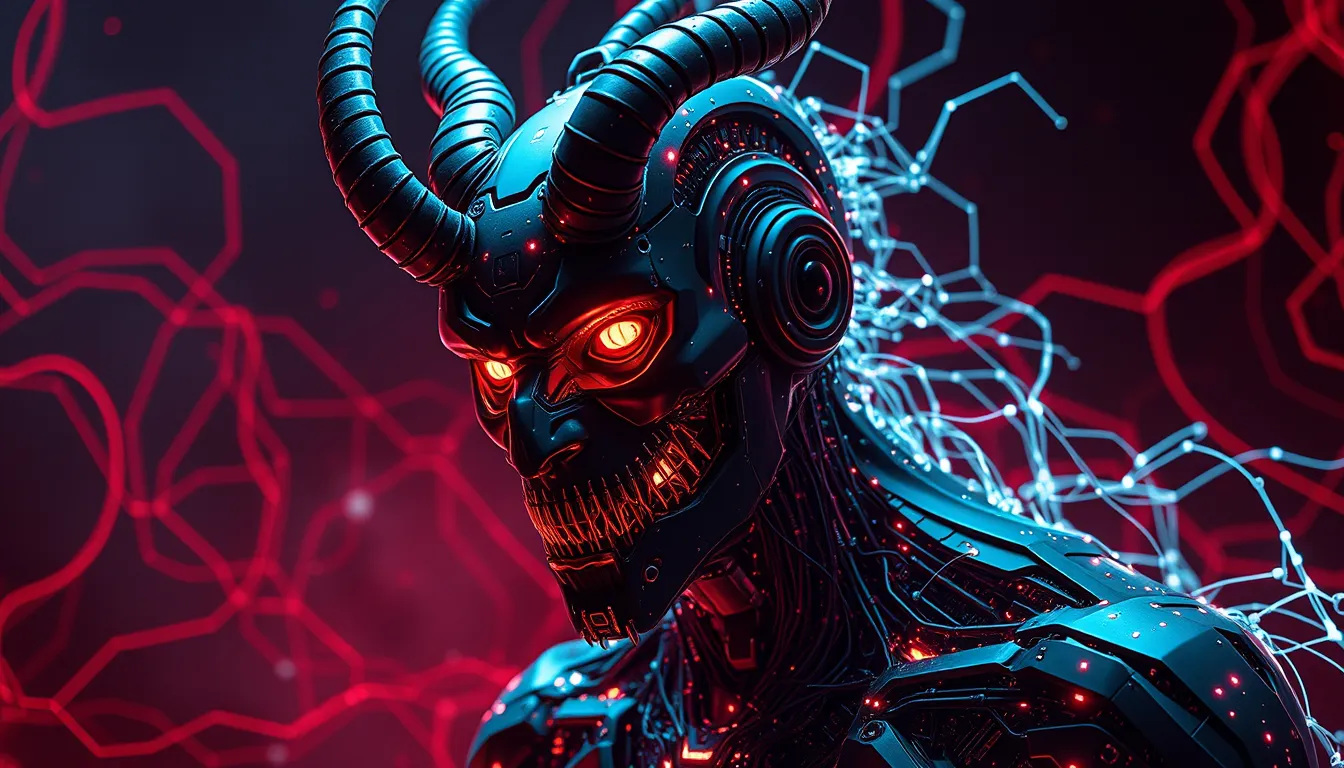Now Reading: Powerful AI in Healthcare Diagnostics: Boosting Patient Care
-
01
Powerful AI in Healthcare Diagnostics: Boosting Patient Care
Powerful AI in Healthcare Diagnostics: Boosting Patient Care

Powerful AI in Healthcare Diagnostics: Boosting Patient Care
Introduction
Artificial intelligence (AI) is revolutionizing the healthcare industry, particularly in the field of diagnostics. AI in healthcare diagnostics is transforming patient care by enhancing the accuracy of disease detection and streamlining medical imaging. This article delves into how AI is reshaping the healthcare landscape, improving diagnostic outcomes, and what this means for the future of medicine.
The Rise of AI in Healthcare
The integration of AI in healthcare diagnostics has gained momentum over the past few years. With innovative algorithms and advanced machine learning techniques, AI systems are now capable of analyzing complex medical data to identify anomalies that may indicate diseases. The key benefits include:
- Increased diagnostic accuracy
- Faster analysis of medical images
- Enhanced prediction of disease progression
- Reduced human error in diagnosis
How AI Improves Diagnostic Accuracy
One of the most significant applications of AI in healthcare is its ability to improve diagnostic accuracy. By integrating AI into medical imaging and diagnostic procedures, physicians can rely on data-driven insights. Some of these improvements include:
- Machine Learning Algorithms: These algorithms are trained on vast amounts of patient data to detect patterns that may be overlooked by human eyes. This is particularly useful in identifying subtle signs in medical images.
- Image Recognition: AI-powered image recognition tools can analyze X-rays, MRIs, and CT scans with impressive speed, providing quick and accurate results. For instance, systems developed by top innovators are making strides in early cancer detection.
- Predictive Analytics: AI systems use predictive models to not only diagnose current conditions but also forecast potential health issues. This is invaluable for preventative care and early intervention strategies.
AI Medical Imaging and Its Impact
Medical imaging is one of the areas where AI truly shines. With the help of AI, radiologists and other medical professionals can interpret diagnostic images with higher precision. Some key aspects include:
- Enhanced Image Quality: AI algorithms reduce noise and enhance image clarity, facilitating better diagnosis.
- Faster Turnaround Time: The speed at which AI systems process images means that diagnoses can be faster, potentially saving lives.
- Consistent Analysis: Unlike human analysis, AI maintains consistency, ensuring that every image is analyzed with the same high standard.
To learn more about how technology is impacting healthcare, you might visit the official website of the U.S. Department of Health and Human Services.
Challenges of AI in Healthcare Diagnostics
Despite the remarkable advancements, the integration of AI in healthcare diagnostics is not without its challenges. Key issues include:
- Data Privacy: Protecting patient information remains a top priority, and AI systems must adhere to strict confidentiality regulations.
- Integration with Existing Systems: Adopting new technology can be daunting, especially in institutions heavily reliant on legacy systems.
- Trust and Reliability: Both patients and healthcare providers need assurance that AI decisions are reliable. Transparency in AI algorithms and outcomes is essential to build this trust.
Incorporating AI Disease Prediction
AI is also proving effective in predicting disease trends. With datasets comprising millions of patient records, AI models can forecast the likelihood of disease incidence, thereby paving the way for proactive healthcare measures. Here’s how AI enhances disease prediction:
- Advanced Data Analysis: By processing vast amounts of historical data, AI can identify risk factors for various diseases.
- Tailored Treatment Plans: Predictive analytics enable the customization of patient care, ensuring that treatments are in line with individual needs.
- Resource Optimization: By anticipating future healthcare challenges, hospitals can better allocate resources and prepare for potential outbreaks.
Real-World Applications and Future Directions
Numerous healthcare institutions around the world have begun integrating AI diagnostic tools into their operations. For example, several hospitals in the United States and Europe are using AI-enabled systems to assist in diagnosing conditions ranging from pneumonia to neurological disorders. As the technology continues to evolve, future applications may include:
- Real-time diagnostics during surgical procedures
- Enhanced remote diagnostic capabilities for rural areas
- Integration with wearable devices for continuous health monitoring
Conclusion
The future of healthcare is undoubtedly intertwined with the advancement of AI. AI in healthcare diagnostics is not just an emerging trend; it is a vital component of modern medicine that promises to substantially improve the way diseases are detected and treated. With ongoing research, continued technological advances, and strategic implementation, AI will further boost patient care while addressing challenges related to diagnostic precision and treatment efficiency.
For further reading on this innovative topic, consider checking reputable medical journals or visiting technology insight websites such as Medical Device Network. These resources offer in-depth analyses and case studies on how AI is reshaping diagnostics.
In summary, the integration of AI in healthcare diagnostics stands as a testament to how technology can enhance medical practices and patient outcomes. With a focus on improving diagnostic accuracy and operational efficiency, AI is changing the future of medicine today.

























